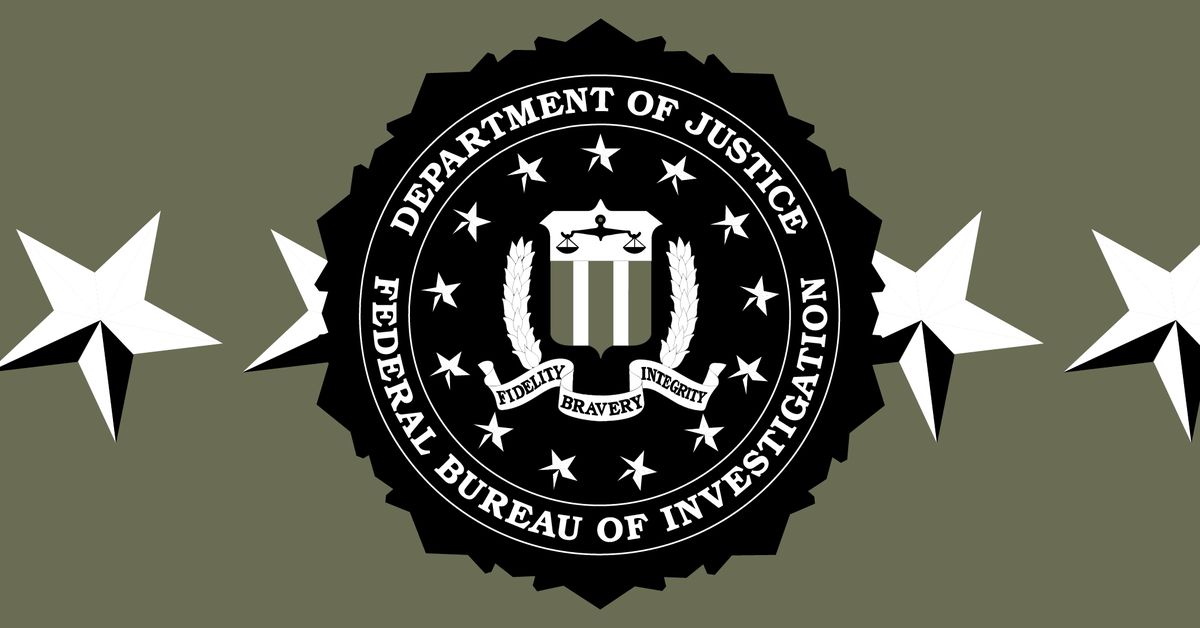
Russia is accused of influence campaigns against U.S. voters
DOJ Charged Russian State-Controlled Media for allegedly spreading Russian government propaganda to undermine Ukrainian interests and pro-Russian policies in the U.S.
The US Department of Justice said it disrupted Russian-directed foreign malign influence campaigns that sought to spread Russian government propaganda.
The effort was meant to reduce international support for Ukraine, bolster pro-Russian policies, and influence voters in the U.S. and elsewhere, the Justice Department said.
The DOJ charged two employees of the Russian state-controlled media outlet, RT, of violating the Foreign Agents Registration Act and committing money-laundering. The DOJ alleged that RT financed a Tennessee-based online content creation company that made millions of dollars uploading videos to YouTube and TikTok. The unnamed company allegedly had over 16 million views on their videos, posted on YouTube alone. The videos vary in their perspectives, according to the DOJ, but touch on topics like immigration and inflation, and “most are directed to the publicly stated goals of the Government of Russia and RT — to amplify domestic divisions in the United States.”
As part of the Doppelganger investigation, the DOJ said it seized 32 internet domains used in the effort, and named Russian companies Social Design Agency (SDA), Structura National Technology (Structura), and ANO Dialog as being involved in the effort.
The effort involved Russian President Vladimir Putin’s inner circle, including First Deputy Chief of Staff of the Presidential Executive Office Sergei Vladilenovich Kiriyenko, it said.
Doppleganger Campaign: Russia is the Most Active Foreign Threat to our Elections,” Justice Department Director Avril Haines told Senate Intelligence
Attorney General Merrick Garland announced the charges at a meeting of the DOJ’s election threats task force, which was set up in 2021 to counter the growing number of threats nationwide against election officials and administrators. The investigators remain active, he said.
In a statement on its website ahead of the charges,RT dismissed the findings, joking that their responses in an office poll included comments like ‘Ha!’ and ‘2016 called and it wants its clichés back.’
The US has accused Russia before of interfering with elections. After the 2016 election, law enforcement accused Russian agents of election interference-related crimes, including computer hacking. In 2020, the Senate Intelligence Committee released a report finding President Putin condoned an influence campaign meant to support Donald Trump’s ascendance to the White House in 2016.
“Russia remains the most active foreign threat to our elections,” Director of National Intelligence Avril Haines told senators in May at a briefing about election risks.
The campaign, which was first identified by researchers at EU DisinfoLab in 2022 and was given the name Doppleganger, has impersonated news outlets including The Washington Post and Fox News, and it has posed as NATO, the Polish and Ukrainian governments, the German police and the French Foreign Ministry.
The Treasury Department also sanctioned 10 people and two entities allegedly connected to the scheme. The State Department does not allow people who engage in covert influence activities on behalf of media organizations to get visas.
According to a Microsoft report, the campaign recently used fake news sites to spread rumors of corruption at the Paris Olympics and warn of potential violence.
The fake profiles are created by the bot farm. The accounts posted support for Russia’s actions in Ukraine. The effort and the AI software behind it were organized by an editor at RT, the Russian state-owned media outlet, the Justice Department alleged. The project was funded by the Kremlin and run by a Russian intelligence officer.
The influence campaign was allegedly directed by members of the Russian president’s inner circle and they created media brands to spread their propaganda. They created fake social media personas to post comments on.
“This seizure illustrates vividly what the U.S. government and private sector partners have warned for months: the Russian government and its proxies are aggressively accelerating the Kremlin’s covert efforts to seed false stories and amplify disinformation directed at the American public,” DOJ National Security Division chief Matthew G. Olsen said in a statement.
They were involved in Tenet Media operations as video editors, even though they were not. Kalashnikov, for example, “monitored [Tenet Media’s] internal communications and edited content” published by the company, the indictment claims. Afanasyeva who is accused of using a fake name and work for Tenet Media directed the posting, editing it and giving day to day direction. Tenet Media was instructed by Afanasyeva to post pro-Russian viewpoints, for example, pushing a theory that the US was responsible for a March terrorist attack at a music venue in Moscow.
Tenet allegedly received some $9.7 million from RT, according to the DOJ. The production companies of three unnamed commentators received almost $9 million, according to the indictment. One, referred to as “Commentator-1”—the description appears to be of either Johnson or Rubin—was allegedly contracted for $400,000 per month for four weekly videos. According to the DOJ, Tenet Media received over $10 million from Russia and almost all of it was deposited into the company’s accounts.
None are accused of wrongdoing, but Johnson, Pool, Rubin and Southern did not respond to requests for comment. “We are disturbed by the allegations in today’s indictment,” Johnson wrote on X, referring to himself and his lawyers, “which make clear that myself and other influencers were victims in this alleged scheme.” Pool also released a statement on X, saying in part that “should these allegations prove true, I as well as the other personalities and commentators were deceived and are victims.” Rubin shared Pool’s post.
With the tagline “Fearless voices live here,” Tenet Media’s network includes online creators known for their right-wing politics, including Johnson, Pool, Dave Rubin, and Lauren Southern. Tenet Media alone has more than 315,000 followers on YouTube and thousands more on Facebook, as well as several thousand more on other social networks.

